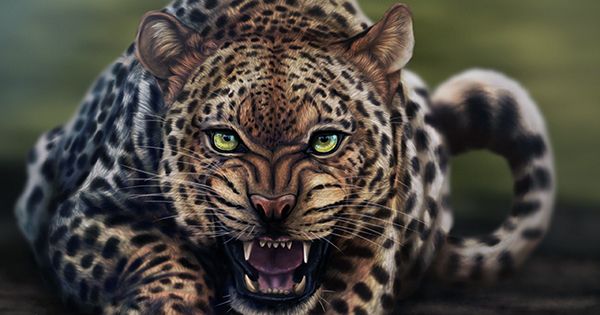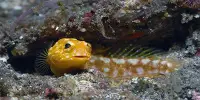SARS-CoV-2, the virus that causes COVID-19, has been detected infected in a wild Indian Leopard. It is unknown how the infection spread to the wild big cat, but a preliminary examination by the researchers suggests it “probably” spread by people. The findings of the researchers were just published on the pre-print server bioRxiv, however, they have yet to be peer-reviewed. In October 2021, the carcass of a young male leopard cub was discovered near a farm in rural Uttar Pradesh, some 160 kilometers (99 miles) from India’s capital, New Delhi.
The leopard died of many injuries to its head and neck, possibly caused by another animal, according to researchers from the Indian Veterinary Research Institute, who performed a necropsy on the animal while wearing full PPE. A nasal swab of the animal used to make the unique discovery of SARS-CoV-2. The researchers sequenced the material and discovered the Delta form of SARs-CoV-2. The virus was identified in the brain, spleen, lymph nodes, and lungs, proving that it was not just a case of cross-contamination.
“High similarity of spike protein sequences to those of the human Delta variant suggests likely spillover infection and no large genetic alterations in the spike protein upon species crossover,” the researchers write. The Delta strain of the virus was first discovered in India near the end of 2020, igniting a devastating second wave in the months that followed, when this deceased leopard was discovered in October 2021, however, occurrences in India had begun to decline, and COVID-19 was not very prevalent in the surrounding rural area.
This begs the question of the small cub becoming infected in the first place, other leopard and big cat species can infect with the virus, according to doctors who have seen cases in zoos. The novel coronavirus has been found in cats, dogs, tigers, mink, and a variety of other animals, but this is the first time it has been found in a wild large cat. Leopards, on the other hand, are slightly less shy about humans than other wild cats, and human-leopard contacts are growing more prevalent, owing to ever-increasing agricultural expansion encroaching on their native habitat. SARS-CoV-2-infected wild animals pose a new concern.
According to recent studies, the virus may be widespread in wild White-tailed deer in various parts of the United States. For the time being, a SARS-CoV-2 infection in a wild animal host could result in that animal population becoming a reservoir, driving the generation of novel variations with the danger of spillover to humans.
Although the likelihood of encountering a single leopard in rural India is exceedingly low, experts believe their findings confirm this fear and the need to remain vigilant. “Detection of SARS-CoV-2 in free-ranging leopards at a time when human COVID19 occurrences have declined to a substantially lower level highlights the need to step up screening and check for the development of carrier status in wild felids,” the paper says.
















